Mozambique: Chapo calls for responsible use of Artificial Intelligence
Mozambique needs more inclusion and culture of peace, Anglican bishop says
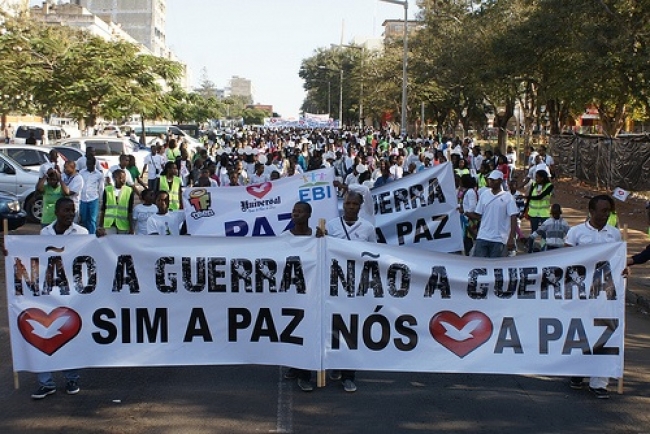
Lusa (File photo)
Greater inclusion and culture of peace are key factors in preventing the return of conflict such as that experienced in Mozambique in 2014, says Carlos Simão Matsinhe, bishop of the Anglican Church in Lebombo, in the south of the country.
At a seminar called “Reconciliation and Reconstruction in Mozambique: The Role of the Anglican Church,” organised by the Royal Institute of International Relations (Chatham House) in London, Matsinhe identified exclusion as one of the main threats to peace.
“We have the peace agreement, and thank God it has lasted so long, but there is a growing dissatisfaction. [We have] Democratic elections that have been described as fair, but there are voices of the opposition to say that were not,” he commented.
Matsinhe said that in democracy, people hope that at some point they will be able to come to power, but in Mozambique the ruling party, the Mozambican Liberation Front (Frelimo), has won the last four elections.
“People have begun to question the kind of democracy we have,” he said.
However, he said there was no other way and expressed confidence that negotiations between Frelimo and the opposition’s historic movement, the Mozambican National Resistance (Renamo), will reach agreement.
The bishop said that the Anglican Church remained committed to the peace process, promoting education programs to instill a “culture of peace” among Mozambicans and working with other faith-based organisations and in conflict mediation when called upon to do so.
“When we have built a culture of peace and stability, leaders will not have room to follow other ideas they have,” he said.


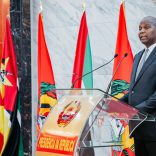

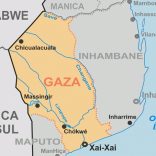
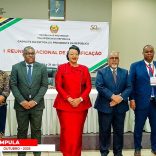
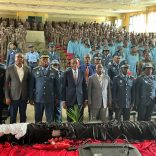
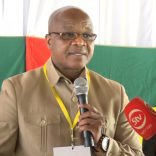




Leave a Reply
Be the First to Comment!
You must be logged in to post a comment.
You must be logged in to post a comment.